
CVS surpasses Q4 sales and earnings estimates
“Our fourth quarter and full-year results demonstrate the progress we are making,” says CEO David Joyner.

“Our fourth quarter and full-year results demonstrate the progress we are making,” says CEO David Joyner.

“It’s the start of a new chapter for Target, and we’re moving quickly to take action against our priorities that will drive growth within our business,” said Fiddelke.
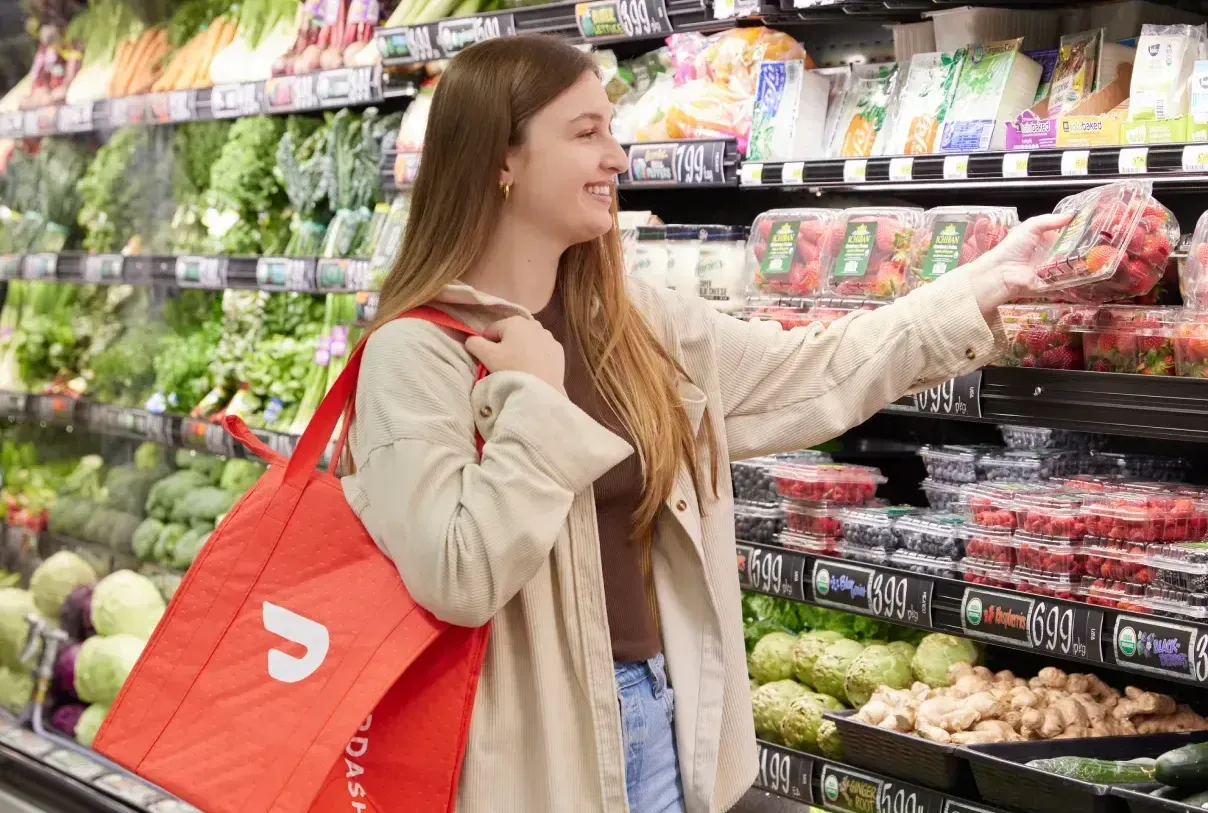
With these additions, over 50,000 stores nationwide now accept SNAP/EBT payments on DoorDash, offering more affordable grocery delivery options for SNAP-eligible consumers.

Ben Hackett, founder of Hackett Associates, said tariffs have brought “a global change in trade relations” that is weighing on import volumes.
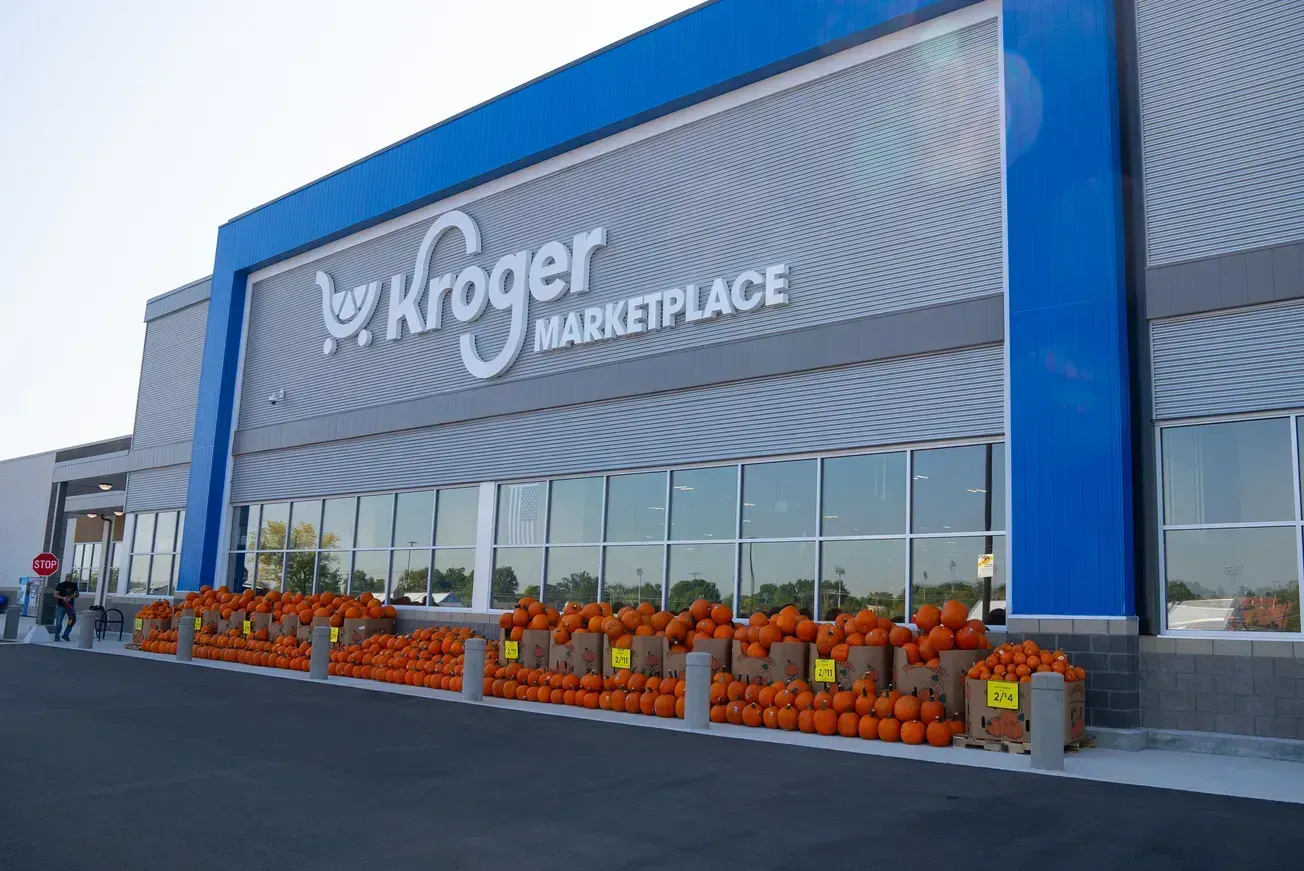
Ron Sargent continues as chairman of Kroger's board of directors

45% of consumers intend to follow both events, underscoring the significant attention on one weekend.

New online experience delivers custom cakes, floral arrangements, catering trays, themed décor, unique recipes and more, all in one place
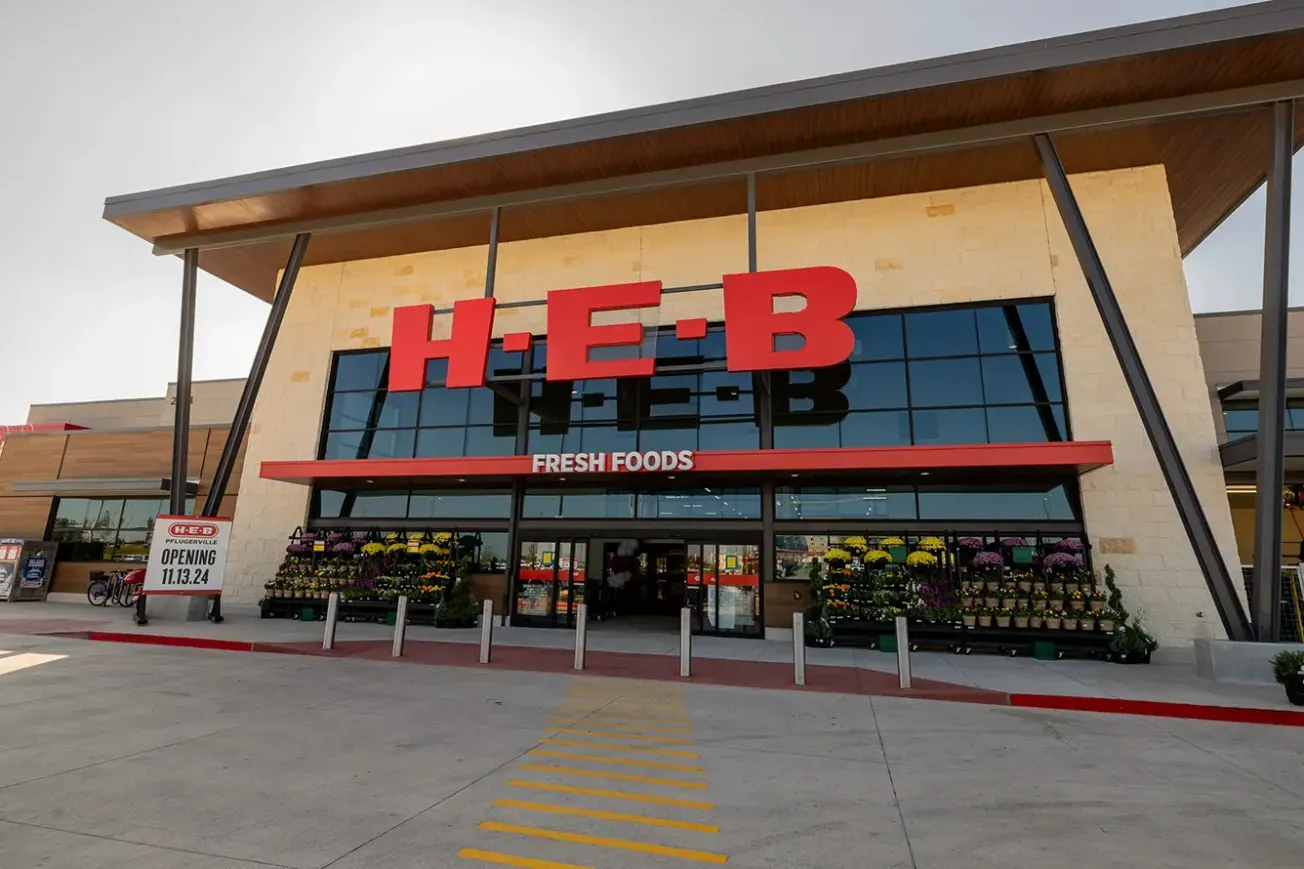
The project is part of a multi-phase plan to develop more than 600 acres in Cooke County

Tokenized real estate finance uses blockchain to digitally represent ownership or financing rights, enabling division of property values into smaller, regulated digital units.
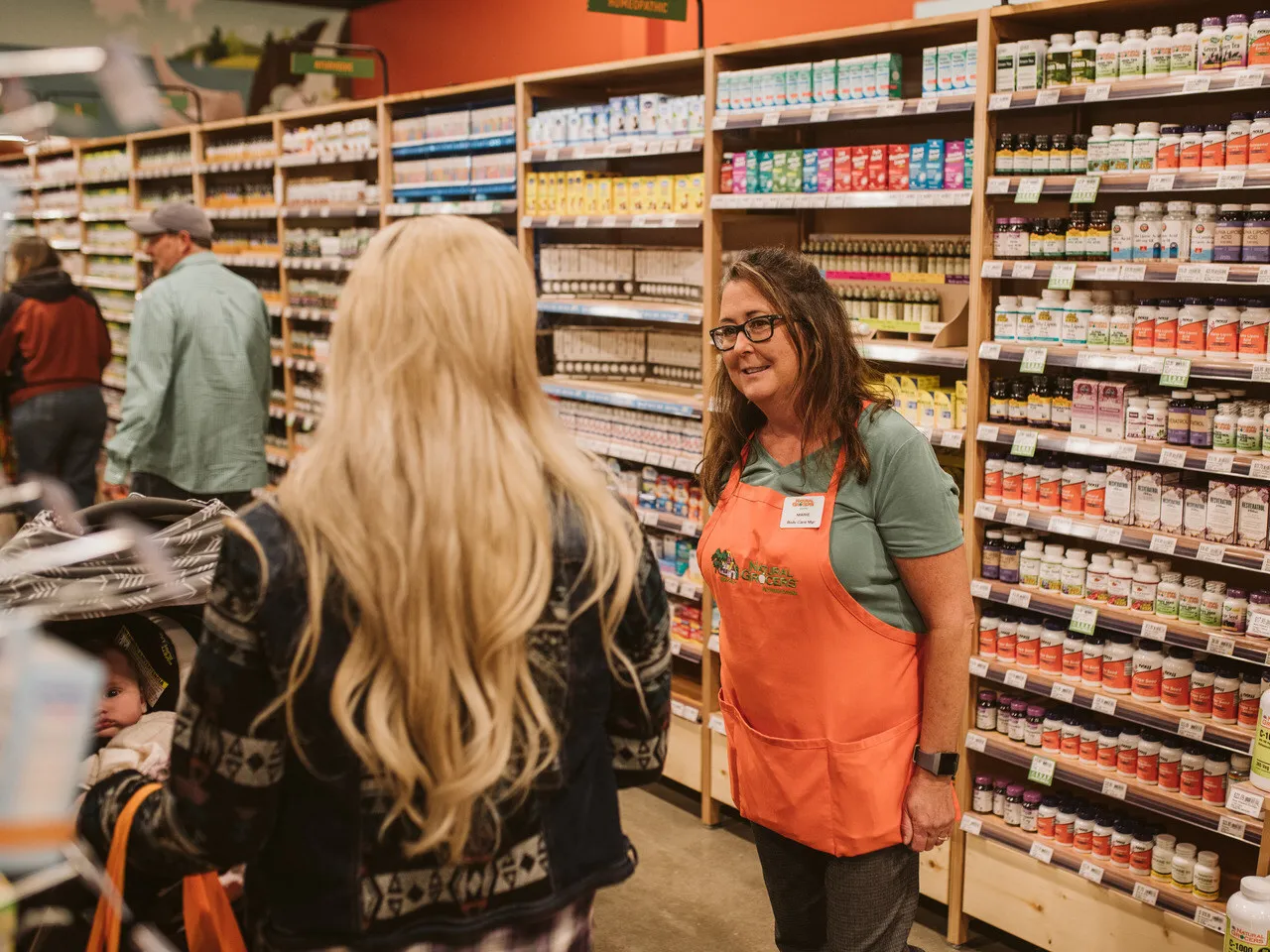
Community Meet-and-Greet and Hiring Event scheduled for Feb. 17–19

The Little Clinic will operate in Ohio, Kentucky, Tennessee, Arizona, Indiana, and Colorado, but withdrawing from Georgia marks a significant contraction for the brand.

Goodwin succeeds Colleen Juergensen, who recently announced her retirement following a distinguished 45-year career with Kroger
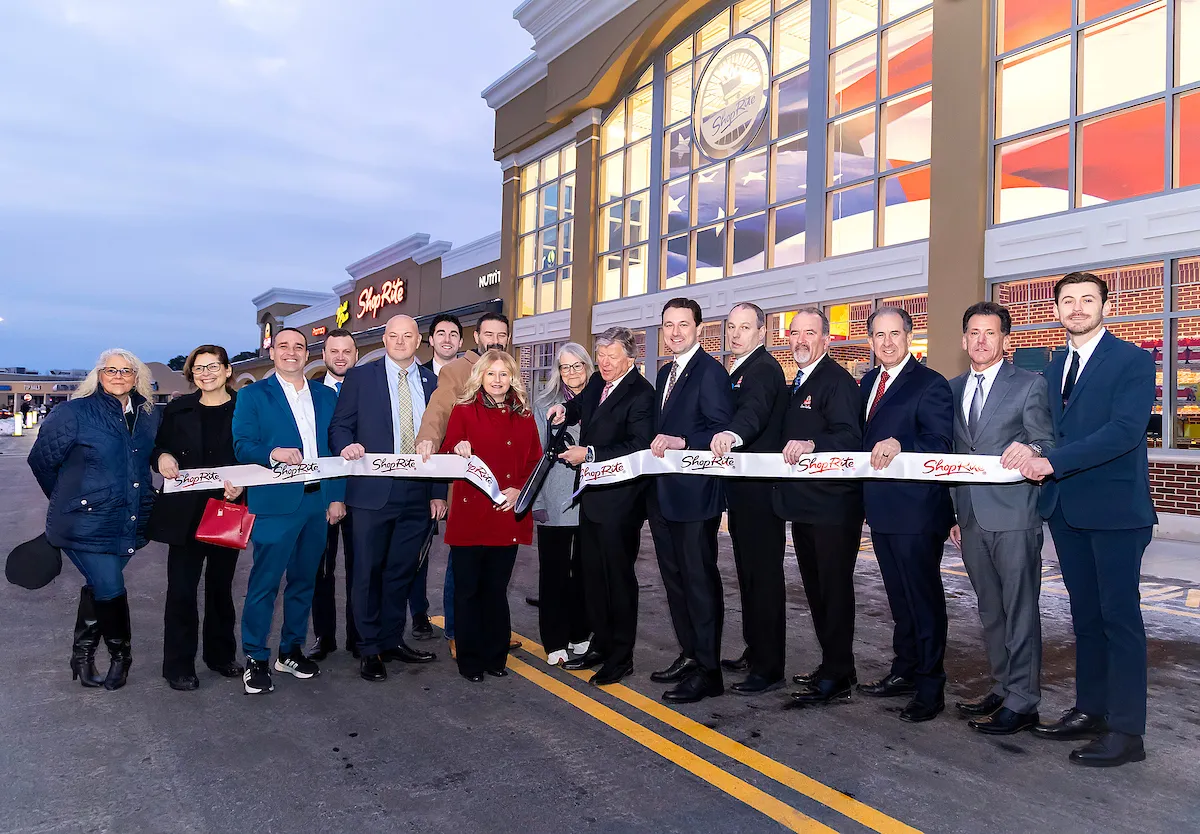
The store also offers an expanded line of international foods and prepared dishes and specialties

In 2026, Target and nonprofit partners will choose 13 neighborhoods across the country for reimagined community spaces designed around locally identified needs.

This selloff wasn’t a rejection of AI. It was a repricing of where value actually lives in the emerging software stack.
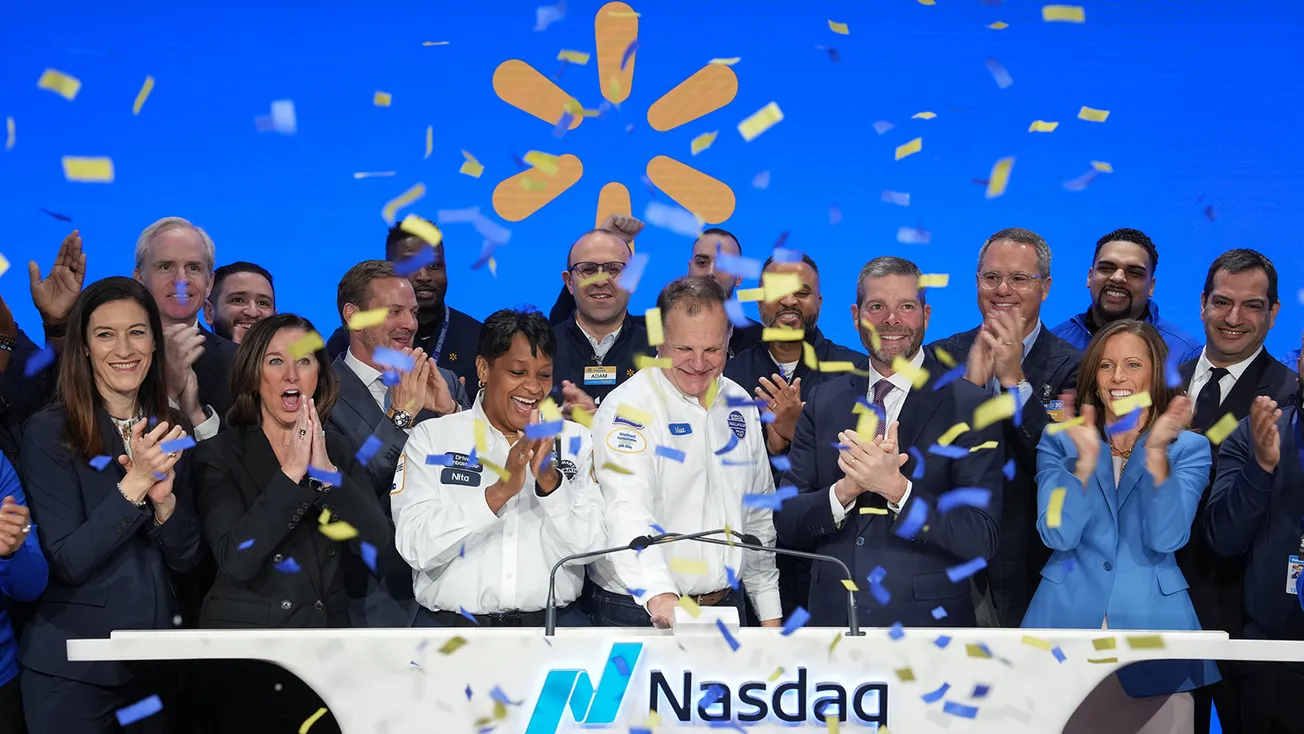
The valuation places Walmart in an exclusive group of mostly technology companies.